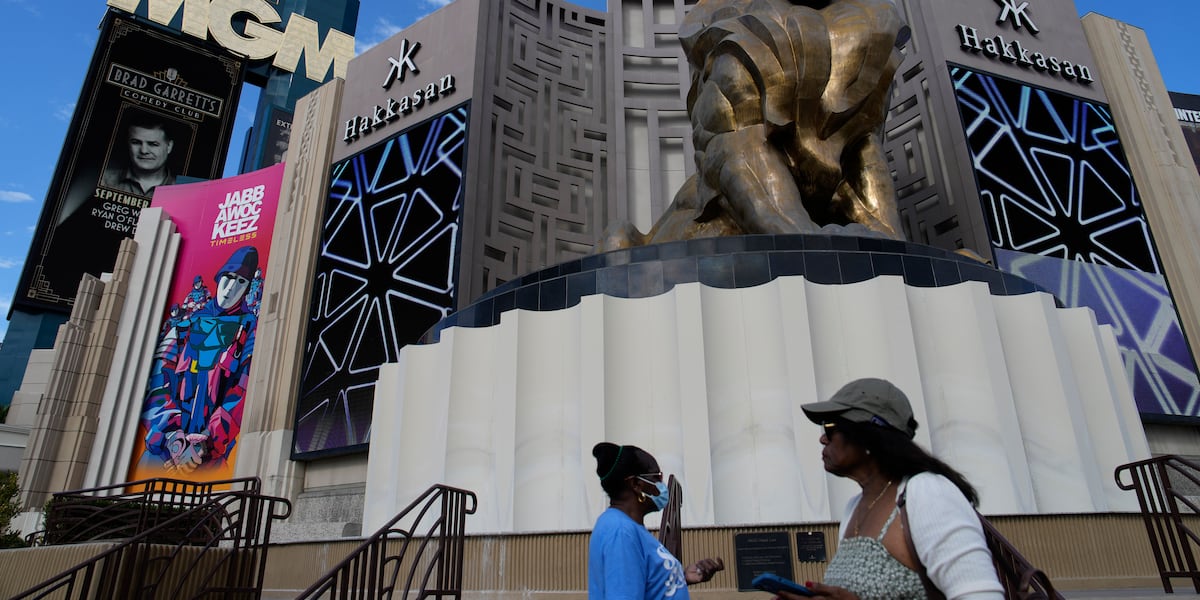Bussiness
Tesla’s Robotaxi is set to bring new competition to Uber and Lyft
- Tesla is expected to unveil a new service at its Robotaxi event that will impact Uber and Lyft.
- Tesla could offer incentives to drivers and lower their costs, challenging Uber’s market share.
- Analysts see Tesla’s entry as a potential long-term threat to ride-hailing giants but also an opportunity to partner.
Elon Musk’s highly anticipated Robotaxi Day is finally taking place Thursday evening in Hollywood — and it has the potential to shake up the ride-hailing industry.
Musk has been touting Tesla’s Full Self-Driving software and its potential to create a robotaxi network for years, and analysts told Business Insider that its emergence in the ride-hailing industry could pose a long-term threat to Uber and Lyft. It may also force them to develop and expand their own autonomous vehicle offerings or seek out a partnership with Musk’s company, similar to Uber’s partnership with Alphabet-owned Waymo.
Tesla’s event is expected to feature both a look at a new autonomous vehicle, the rumored Robotaxi, and an accompanying ride-hailing network.
Tesla released a teaser of what the app for the ride-hailing platform would look like in June. The concept involves Tesla using its network of owners to create a fleet of autonomous robotaxis that can be summoned through an app. Musk has suggested it could earn Tesla owners who participate up to $30,000 a year.
A competitive threat to Uber, Waymo, and Lyft
Tesla’s entrance into the ride-hailing market will be a significant development for both Elon Musk’s electric car company and the current players dominating it.
There’s been “considerable angst” from Lyft and Uber investors heading into the event, said Wells Fargo analyst Ken Gawrelski, who has an underweight rating on Tesla, an overweight rating on Uber, and an equal weight rating on Lyft.
Gawrelski said that Tesla will likely offer a lower-cost service than Waymo, and there’s also “a cost advantage to Tesla on a per-ride basis and per-mile basis.” Gawrelski has an equal weight rating for Waymo’s parent company, Alphabet.
Morgan Stanley analysts predicted earlier this month that Tesla will likely offer a discounted or free FSD software update to drivers who use the ride-hailing service, along with a lower-take rate to drivers to encourage faster adoption.
The ride-hailing industry has so far been dominated by two major players — Uber and Lyft — and Gawrelski said Tesla’s Robotaxi could mark a new challenger jockeying for market share. However, he said the long-term structure of the industry is what’s truly at stake.
Then there’s the question of how long Tesla will take to actually launch such a service, with Musk known to show off upcoming products that are months or even years away. Musk said during Tesla’s second-quarter earnings call in July that he would be “shocked” if the first Robotaxi ride wasn’t possible next year. But he also acknowledged he’s been optimistic about timelines in the past.
Wolfe Research analyst Shweta Khajuria, who has an outperform buy rating for Uber, Lyft, and Alphabet, told BI that she expects Tesla is still a few years away from reaching full autonomy.
“Eventually, Robotaxis could offer a larger threat as Tesla puts commercial use of them on the road, but Tesla is a few years away from reaching full autonomy,” Khajuria said.
“That said, our analysis suggests high-single to low-double digit percentage downside to Uber’s profits even in the worst-case scenario (which arguably is a low-likelihood event) that the vast majority of the autonomous driving does not include any Uber partnership (like the one Uber has with Waymo currently) and the majority of the autonomous market share comes at the cost of Uber losing share to AVs,” she added.
For now, she said the more immediate concern is Tesla’s introduction of a new ride-hailing app. With millions of Tesla drivers on the road, the EV giant has the opportunity to scale its platform, she said.
“That could potentially put pricing pressure on Uber as well as Lyft that would be an increasing threat to Uber’s growth, especially in the US,” Khajuria said.
Uber, Lyft, and Tesla did not immediately respond to a request for comment.
It might not be a ‘zero-sum’ game
Wedbush analyst Dan Ives, who has a buy rating with a $300 price target for Tesla, said that this is “not a zero-sum game.”
“I don’t view it as a negative for Uber and Lyft,” Ives said. “I could argue it’s a positive given autonomous and FSD would openly benefit Uber through a Waymo partnership.”
Ives said Tesla’s Robotaxi event will be a historical day for the auto industry — and it will pressure Uber to seek out more partnerships.
Uber has already taken steps toward furthering its autonomous vehicle offerings, recently announcing partnerships with Waymo and GM’s Cruise. In September, Waymo announced that its Waymo One ride-hailing service would be available to users in Austin and Atlanta exclusively through the Uber app. Waymo said the service provides over 100,000 rides weekly in San Francisco, Phoenix, and Los Angeles.
Uber CEO Dara Khosrowshahi also previously vocalized interest in possibly partnering with Tesla.
“I don’t think it’s a zero-sum world,” Uber’s CEO said during a podcast interview in August.
“If you look at food, for example, you got McDonald’s, Starbucks, Domino’s — every single major player out there has a direct channel to consumers,” Khosrowshahi said. “But as they try to maximize the utilization of their restaurants, etcetera, they have come to the conclusion that they should work with marketplaces. I think the same is going to be true of cars.”









